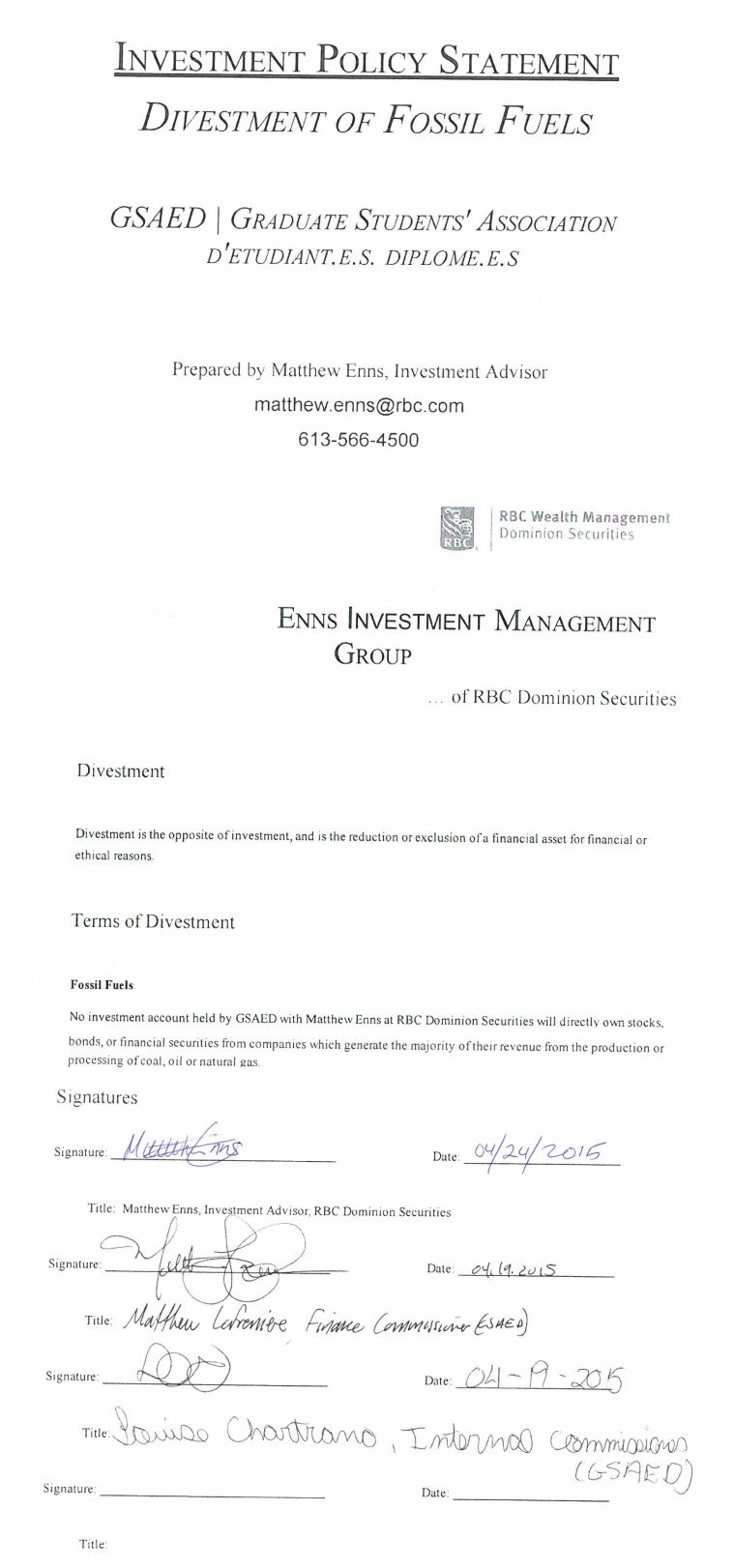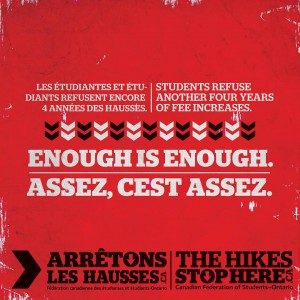Campaigns
Campaigns are our heartbeat, and you’re invited to be part of the transformative rhythm. Dive in, engage, and let your voice be the force that shapes a brighter future!
BoG Coalition
Fossil Free uOttawa
Rethink Childcare
The Hikes Stop Here
EDUCATION IS A RIGHT
Liberate Science and more
Learn more about them here
According to the Board of Governors, they are “responsible for the University’s overall governance and management. In practical terms, the Board makes the financial decisions and implements the policies and procedures that the University needs to operate efficiently.”
As the highest decision making body of the University, the decisions the Board of Governors (BoG) makes directly affects student experience through a variety of ways. Most recently, this summer the Board decided to hike tuition fees for the 10th consecutive year, creating further barriers for undergraduate, graduate, and international students to access post-secondary education. This contributed to making the University of Ottawa (among other universities in Ontario) one of the most expensive institutions to attend in the country.
The financial decisions the Board makes are done so in regards to “avoiding deficit”, while failing to make decisions that put students first. They consistently fail to do this because of inadequate representation on the Board. The BoG is comprised of “community members” (stakeholders), the Chair (Robert Giroux), the President (Allan Rock), four professors, three students, and two support staff; for a total of 32 members. The members of the Board of Governors work independently without serious consideration from the internal members and act without a defined set of rules or regulations.
The Board of Governors Coalition (BoGC) is a committee made up of representatives from the following groups: Fossil Free uOttawa (FFUO), Access to Justice (A2J), the Association of Part-Time Professors (APTPUO), the Student Federation of the University of Ottawa (SFUO) and the GSAED (Graduate Student Association), as well as other invested groups. Its purpose is to be able to positively influence the BoG and as a result, improve the overall student experience at the University of Ottawa.
To this end, the BoGC’s goals include, among others, reducing tuition, post-residency and international student fees; gaining more positions for student representatives on the BoG; and working towards creating a more democratic process for decision making within the BoG. This year, the BoGC would like to mobilize so that we can challenge the Board and hold them accountable to the real stakeholders on this campus: students.
If you are interested in learning more or would like to be a part of helping create tangible change and improvement of student life on campus please contact Chloe ( action@sfuo.ca) or Lindsey Thomson ( external@gsaed.ca).


